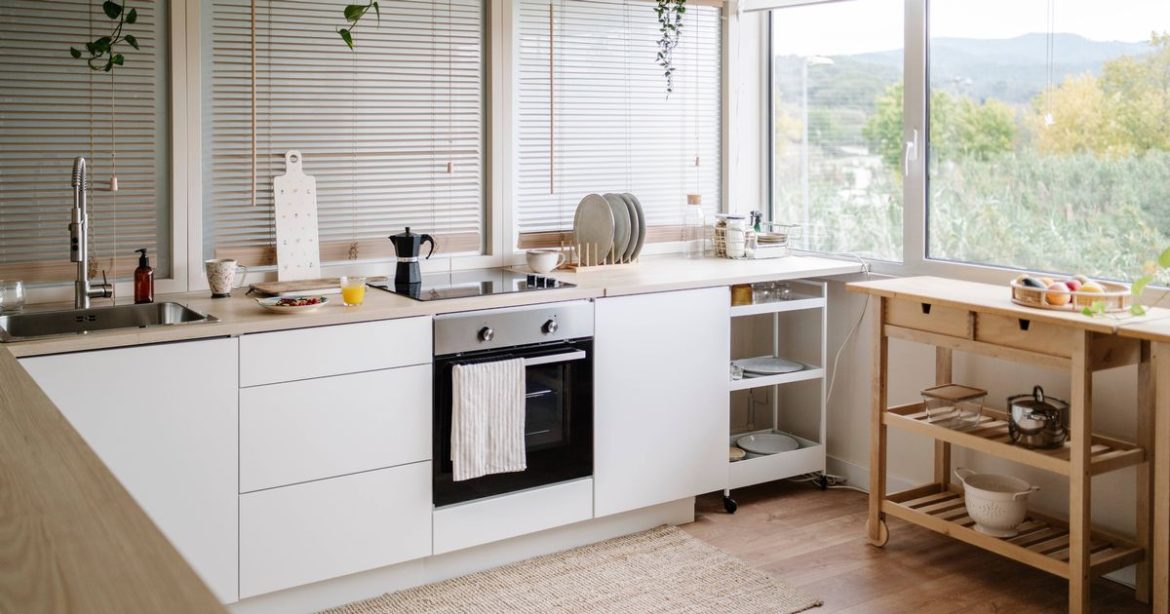An expert has warned that there are appliances that you should never plug into an extension lead – and some of them might surprise you
An electrician has revealed six items that UK homeowners should absolutely never plug into their extension leads.
Without extension leads, households would face difficult decisions about whether to power their fridge or washing machine.
However, experts have highlighted certain appliances that must be avoided when using multi-socket extension leads – and some of the culprits may come as quite a shock.
Gordon Wallis, a sustainable energy specialist from Your NRG, explained: “Extension cords have their place in the home, but it’s vital to understand their limits.”
He continued: “They’re designed for temporary, low-power use-not as a permanent solution for running heavy-duty appliances. Misusing them can not only lead to energy inefficiency but pose a serious fire risk.”, reports the Express.
The most problematic devices include compact kitchen gadgets such as air fryers and microwaves, alongside bigger white goods like washing machines and fridges.
Wallis cautioned: “Appliances like air fryers, microwaves, and washing machines demand a significant amount of power. Plugging these into an extension cord can overload the circuit, causing overheating and, in some cases, sparking or electrical fires,”.
He added: “From a sustainability perspective, you’re also wasting energy due to inefficiencies in power delivery.”
Even more perilous is the habit of daisy-chaining extension leads – connecting one to another – which significantly heightens the risk of overload. Mr Wallis explained: “It might seem harmless to daisy-chain extension cords or use one to power a fridge or freezer, but this is one of the most dangerous habits in the homes. These appliances cycle on and off throughout the day, creating sudden power surges that many extension cords simply aren’t built to handle.”
Six appliances you should never plug into extension leads.
1. Air fryers.
Whilst they vary in power consumption depending on their size, larger air fryers can consume up to 2,000 watts, making them a serious fire risk when connected to an extension lead. If you lack the counter space to keep your air fryer permanently positioned, it’s advisable to only retrieve it when required and connect it directly to a wall socket each time.
2. Microwaves.
Whilst some properties feature built-in microwaves, this isn’t universal. Should you need to find a suitable location for yours in the kitchen, this represents another high-power appliance that requires its own dedicated circuit due to its substantial wattage demands.
3. Extension leads.
Connecting extension leads to other extension leads represents another major taboo in electrical safety. This method, known as “daisy chaining,” can result in circuit overheating, causing the leads themselves to overheat and potentially trigger a fire.
4. Electric ovens and cookers
An expert at Easy Boilers, emphasised that electric ovens and stoves require a dedicated circuit to operate safely and efficiently.
“Plugging an electric oven into an extension cord poses a potential fire risk, You also run the risk of electrocuting yourself if the wattage doesn’t match the outlet. It’s therefore vital to analyse and research the specific power requirements of your appliances so you don’t make any fatal errors.”
5. Toasters and toaster ovens.
Despite their small size, toasters are energy-intensive kitchen appliances and can pose a fire hazard if connected to an extension cord or power strip. Toaster ovens demand even more power, with wattages ranging from 1,200 to 1,400 watts.
6. Refrigerators.
Although refrigerators consume less power, approximately 300 to 800 watts, than some other kitchen appliances, it’s still not advisable to use them with extension cords because they are constantly running. Even if an extension cord doesn’t cause a fire when attached to a fridge, there’s a chance the connection could lead to the fridge malfunctioning.
#Electrician #plug #items #extension #lead

